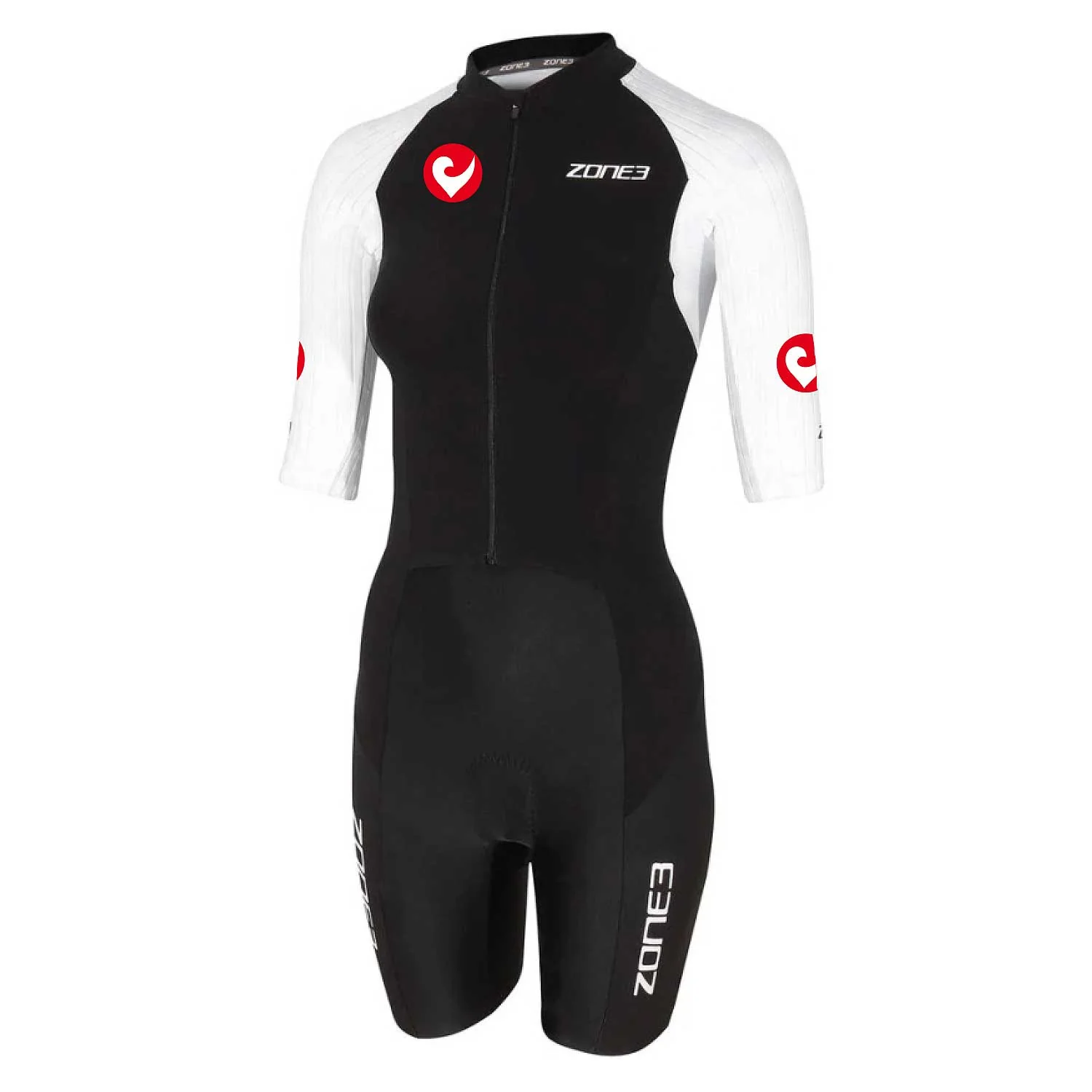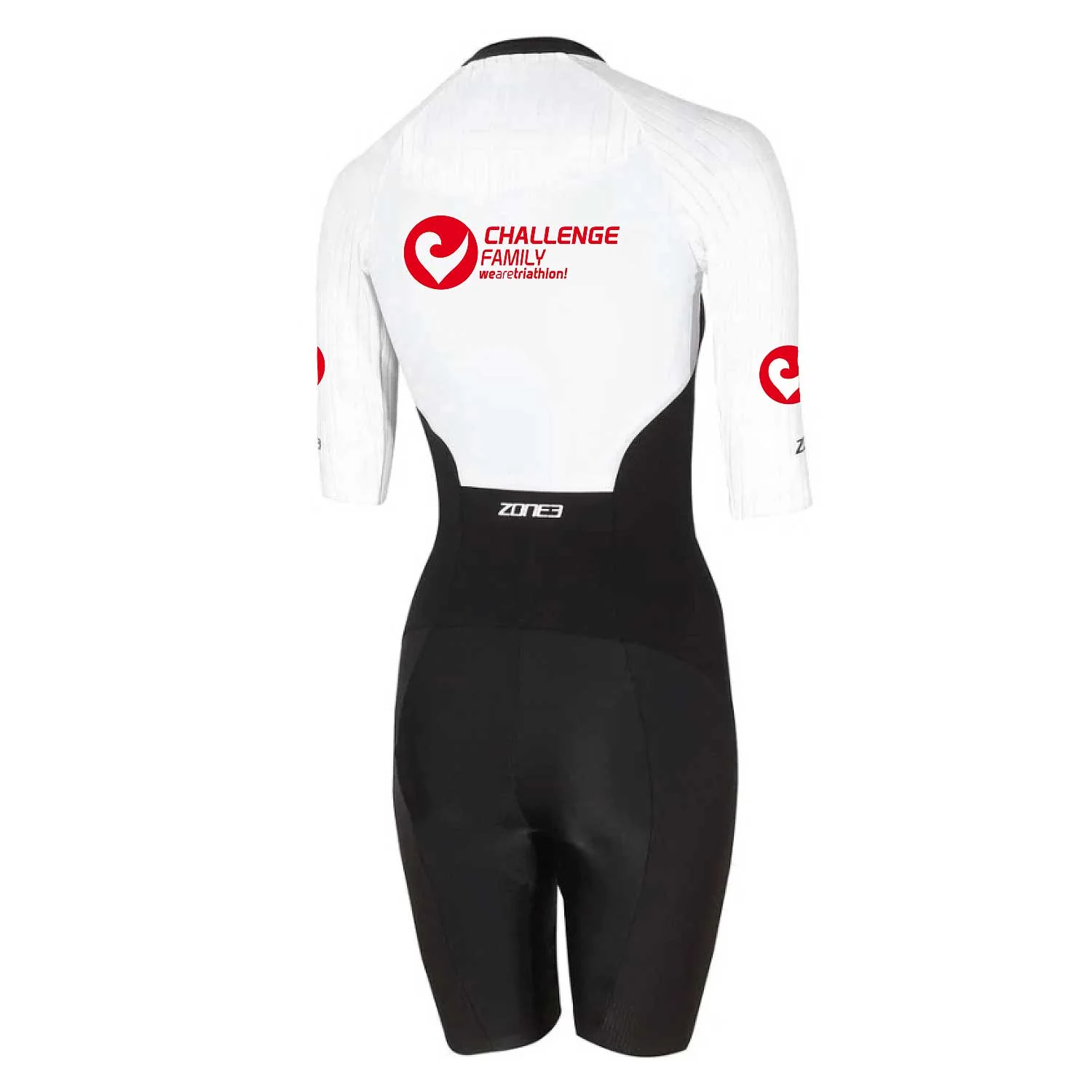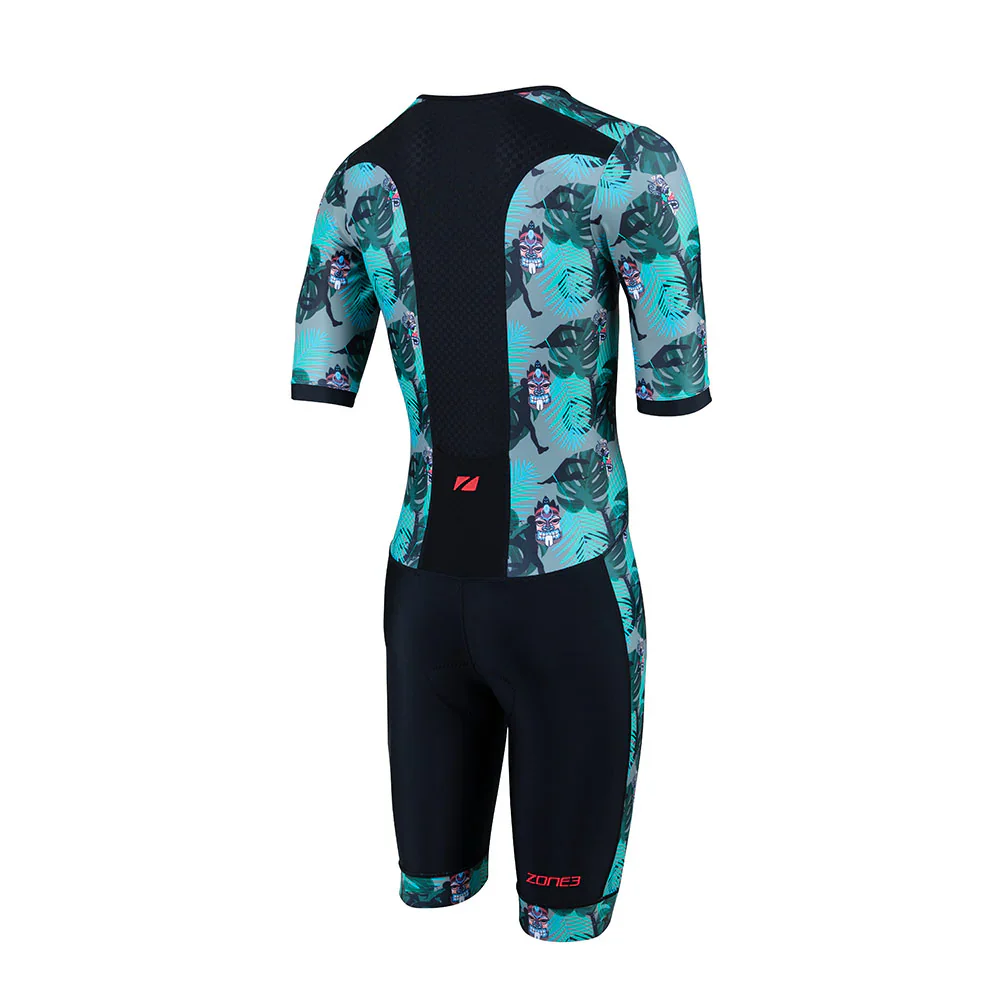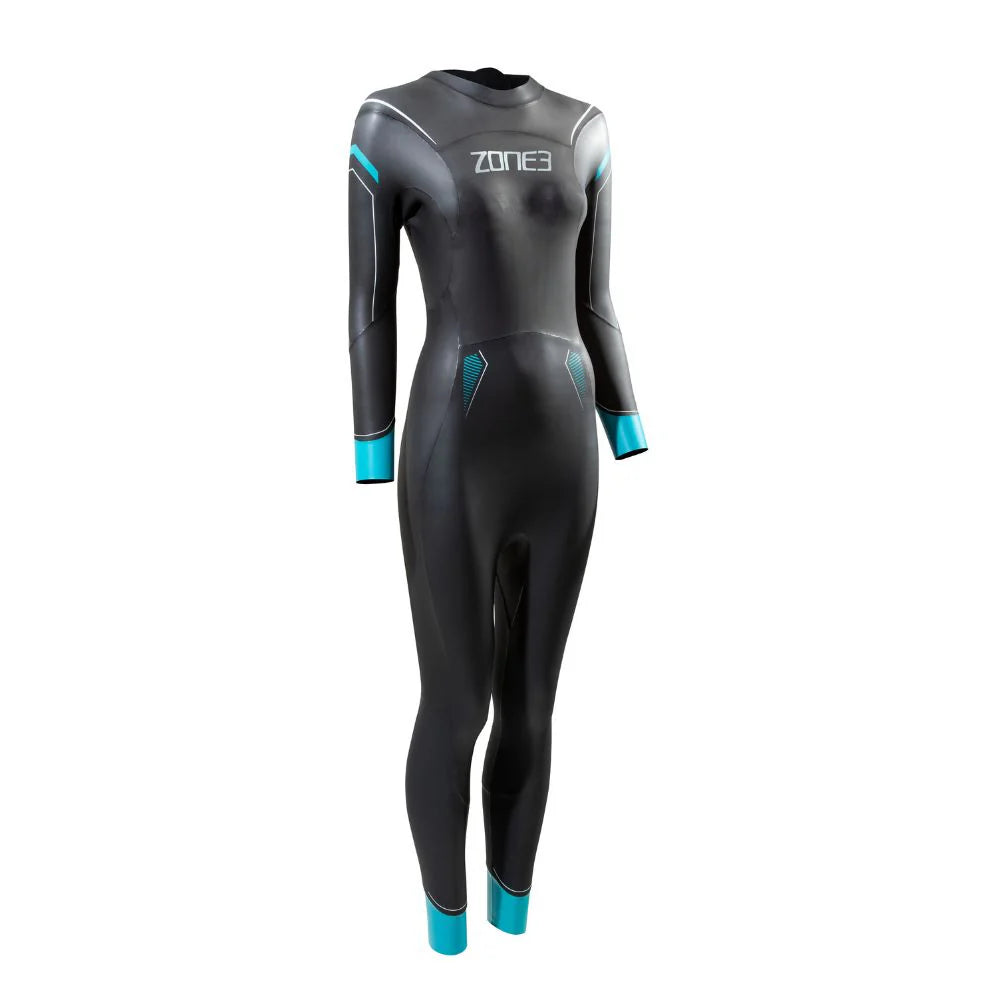Fat is not just fat. Many scientific studies recommend an increased intake of polyunsaturated fatty acids, especially omega-3 fatty acids. Sporting performance often benefits from this. Here are some facts and information.
The following benefits relevant to endurance athletes have been identified:
- Activation of fat metabolism and improved fat burning
(Key skill for middle/long distance triathletes) - support of weight reduction
- improved oxygen uptake and transport in the body
- anti-inflammatory effect and thus shortened recovery times after hard training sessions/competitions or muscle, tendon and joint problems
- Improving concentration and reflexes
- Support of muscle building (protein synthesis)
- Strengthening of the immune system
- detoxification of the body
- restore moisture and elasticity to stressed, scaly, dry skin
- important function in hormone production
Reduction of unhealthy fats
It is also important to simultaneously reduce the unhealthy and performance-inhibiting saturated fatty acids (e.g. high-fat meat products) and in particular the dangerous trans-fatty acids. The latter are formed by heating fats containing unsaturated fatty acids, such as olive oil, rapeseed oil or sunflower oil, above the smoke point of 120-150°C. Coconut fat, peanut oil or red palm oil, which can be heated to high temperatures, can be used so that you don't have to do without delicious fried or baked food.
Above all, it is not advisable to use industrially heated and hardened fats (margarine), which by law must be indicated on food packaging. The trans fatty acids are said to impede metabolic processes in the body, ensure reduced cell respiration and are held responsible for a wealth of civilization diseases. On the other hand, gently pressed oils can strengthen your health. Since omega-3 fatty acids perish quickly due to the influence of light and heat, the high-quality oils should be kept in the refrigerator and darkened bottles should be considered when buying.
It's in there
The best omega-3 suppliers include linseed oil, linseed, cold-water fish, (whale) nuts and seaweed. Flaxseed oil in particular, which consists of 50 percent omega-3 fatty acids, is by far the best source. Plant-based omega-3 sources are always preferable to animal sources. A larger intake of fish and fish oils is not advisable due to the heavy metal contamination of sea fish and the threat to fish stocks.
It is a cardinal mistake to eliminate fats/oils from your menu altogether with the intention of saving calories and losing weight, which ultimately leads to the opposite effect. Rather, the fat metabolism can only be activated through the targeted consumption of the right fats. Also, the human body is largely made up of fats (e.g. the brain is 60 percent), some of which are essential, meaning they cannot be produced by the human body itself. A one-sided diet therefore quickly leads to deficiency symptoms.
Discover the huge trisuit collection
From the basic one-piece suit to the high-end aerosuit




















